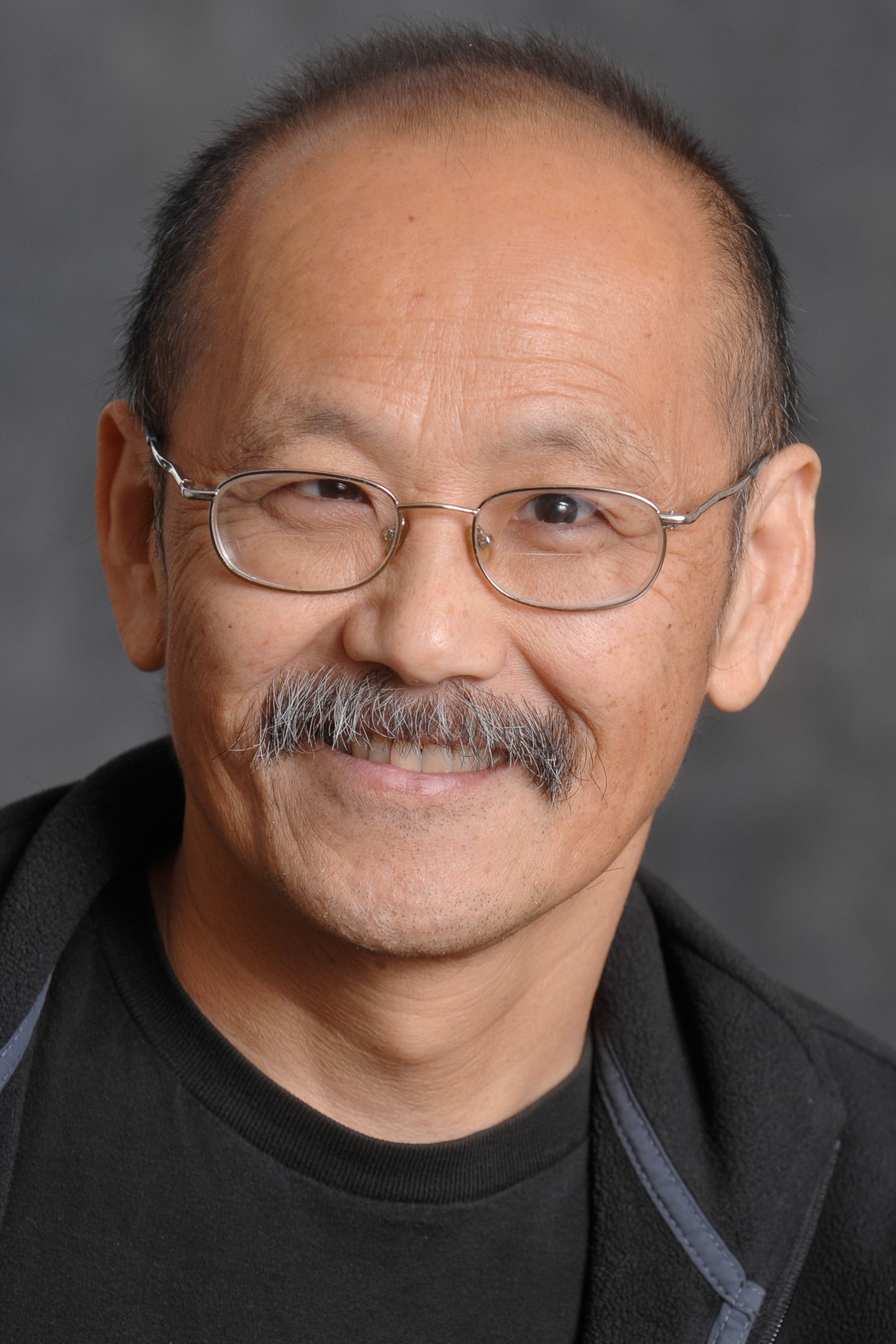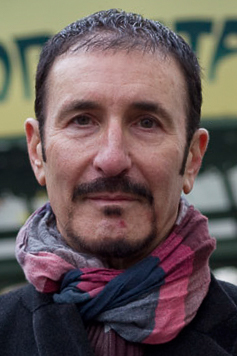Urban Planning professors Vinit Mukhija and Anastasia Loukaitou-Sideris have a new book out this month called “The Informal American City: Beyond Taco Trucks and Day Labor”, and it aims to challenge how planners and policy makers think about informal urbanism.
The book, published by MIT Press and co-edited by Mukhija and Loukaitou-Sideris, looks at examples of informal or unregulated activities in eight large cities in the United States. Through a collection of case studies and analyses written by top experts in urban planning, including a number of their colleagues at UCLA Luskin, Mukhija and Loukaitou-Sideris make the case for a need to examine informal urbanism not just economically but also spatially.
The following is a Q&A that Mukhija and Loukaitou-Sideris participated in with UCLA Luskin:
Q: How did the original idea for this book come about? Has there been literature on this topic before?
Living in a city like Los Angeles we are surrounded by informal activities and settings. We start our book by describing urban scenes that are quite common in some Los Angeles neighborhoods: A street vendor selling ice popsicles pushing his cart down the sidewalk, a yard sale in front of someone’s garage, day laborers looking for work opportunities in front of the neighborhood hardware store. These are only a few of the everyday settings and activities that are omnipresent in Los Angeles and many other US cities; many more are discussed in our book. While there is significant literature about the informal economy in cities, most of this literature concentrates on informality in the developing world. Additionally, most of the existing literature focuses on the economic transactions of informality and ignores its spatial settings.
Q: Why is it that informal urbanism is often dismissed by planners and policy makers as “marginal?” What did you find that contradicts this thinking?
All too often informal urbanism is considered a “third-world problem.” Most planners in developed countries assume that informal activities are either limited in scope and therefore safe to ignore, or criminal in nature, and thus should be opposed. Some perceive that dealing with informality falls only within the regulatory realm, and there is no important role that planning or design can play. Some progressive planners may worry about making conditions worse for those engaged in informal activities and prefer an approach of benign neglect. Our book includes detailed case studies of examples from Los Angeles, Sacramento, Portland, Seattle, Phoenix, Kansas City, Atlantic City, and New York City, and shows that informal or unregulated but otherwise licit activities are widespread and varied in American cities. And while informality has often been associated with immigrants, informal activities are pervasive and spread across different social groups, diverse urban settings, and different geographical regions of the country.
Informal and formal activities are not always distinct and rigidly separated. They often overlap and depend on each other. The ubiquity of many informal activities also shows that informal practices are not transitory, even if some of their specific settings are ephemeral. Finally, our case studies show the contradictory nature of informality, with both potential winners and losers associated with it.
Q: What are some common types of informal urbanism that people see everyday, but might not categorize as a different type of urbanism? And what are some benefits that communities get from these unsanctioned enterprises?
Informal activities that people may see everyday, depending on where they live, range from taco trucks to day labor (as our book’s subtitle indicates), yard sales, unpermitted granny flats, informal gardening, urban agriculture, informal parking (when people rent their driveways and front yards), informal taxi services, etc. In certain cases, such informal activities exist because they fulfill some needs that are not adequately addressed by the formal economy. A good example is unpermitted second units that may offer affordable housing to tenants and income to landlords in single-family lots. However, the notion that informality is always a virtue or only has positive consequences is also flawed. We are well aware that informality can lead to increased vulnerability, exploitation, and unhealthy conditions for those undertaking the informal activities or consuming its products, in addition to revenue losses for municipal governments.
Q: What are the policy or societal responses to informal urbanism that you hope will arise from your book?
We argue that in addition to examining the economic consequences of informality, we also need to address and respond to it spatially. Some policy or societal responses include: 1) the creation of a supportive public infrastructure (e.g., worker centers for day laborers, appropriate sidewalk space for street vending, water pipes for colonias, etc.) that can lessen the hardships for those participating in informal activities; 2) the identification and enhancement through design of underutilized space that can host certain informal activities; 3) the provision of sensible environmental regulations that ensure safety, cleanliness, good sanitation, and lack of noise or odors in informal settings.
Policy responses should give particular consideration to the socio-spatial context of informal settings. While citywide regulations may be appropriate for matters relating to health and safety, other issues relating to when and where informal activities can take place may be neighborhood-specific.
Q: What do you hope planners, specifically, can gain from this book?
We hope that the book will make informality more visible to planners and policy makers in the US as it is a topic that deserves their positive attention. The complex nature of informality makes addressing it difficult. However, we find that ignoring informality is not always the best policy. At the same time, outlawing or criminalizing informality is rarely successful. And while some regulation is necessary to protect the health and safety of the general public, many existing laws and ordinances make absolutely no room for informality and other unexpected activities. While several of our chapters recommend some form of formalization through more sympathetic ordinances and permits, the belief that legalization and regulation can adequately respond to all informal activities is also misleading. Our case studies also indicate that alternative and non-state institutional arrangements can play a constructive role in addressing the more pernicious aspects of informality. Lastly, our cases studies indicate that creative design approaches may allow the safe co-existence of formal and informal activities in spatial settings and the lessening of conflict between them.
To learn more about the book, you can read Mukhija’s and Loukaitou-Sideris’ brief interview with MIT Press.
Contributors include Jacob Avery, Ginny Browne, Matt Covert, Margaret Crawford, Will Dominie, Renia Ehrenfeucht, Jeffrey Hou, Nabil Kamel, Gregg Kettles, Anastasia Loukaitou-Sideris, Kate Mayerson, Alfonso Morales, Vinit Mukhija, Michael Rios, Donald Shoup, Abel Valenzuela Jr., Mark Vallianatos, and Peter M. Ward.



